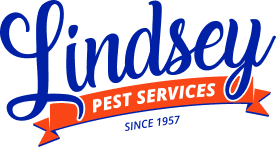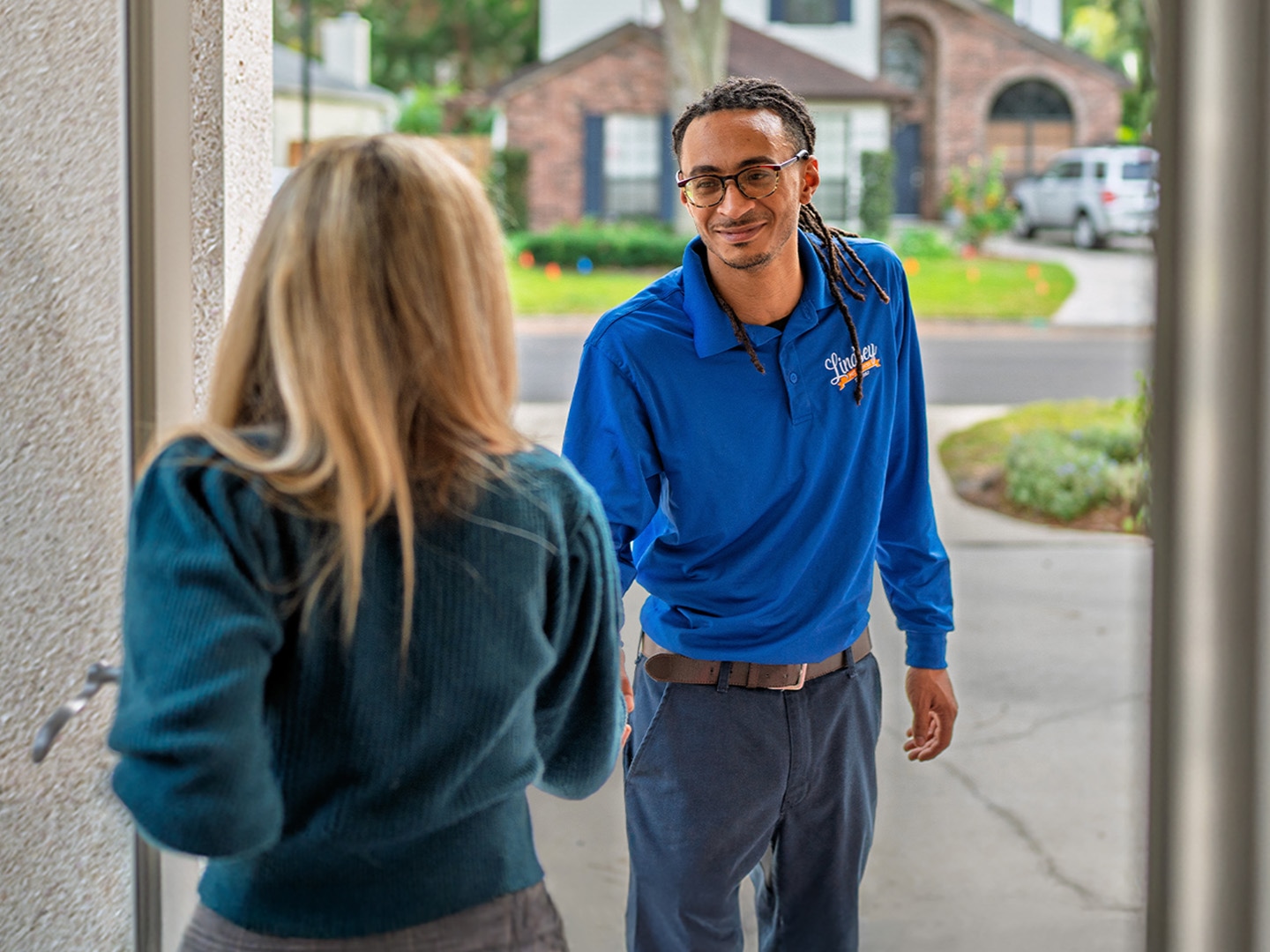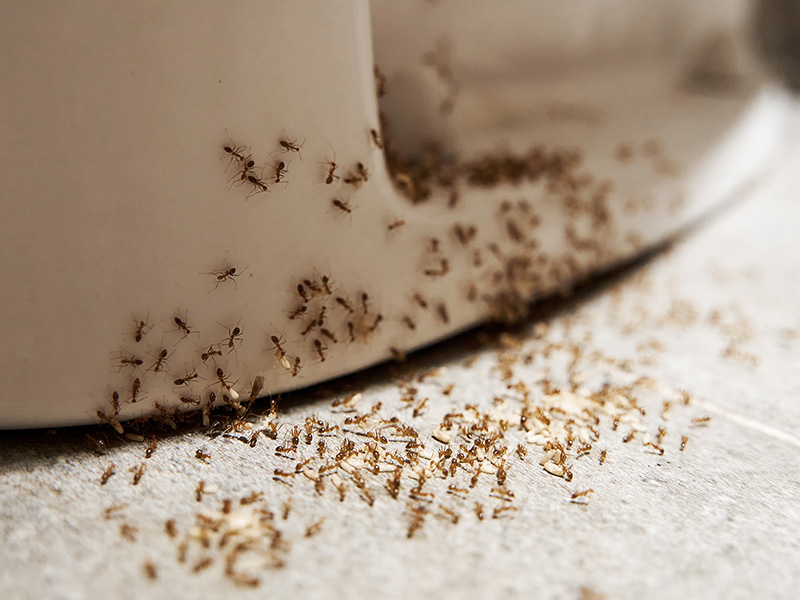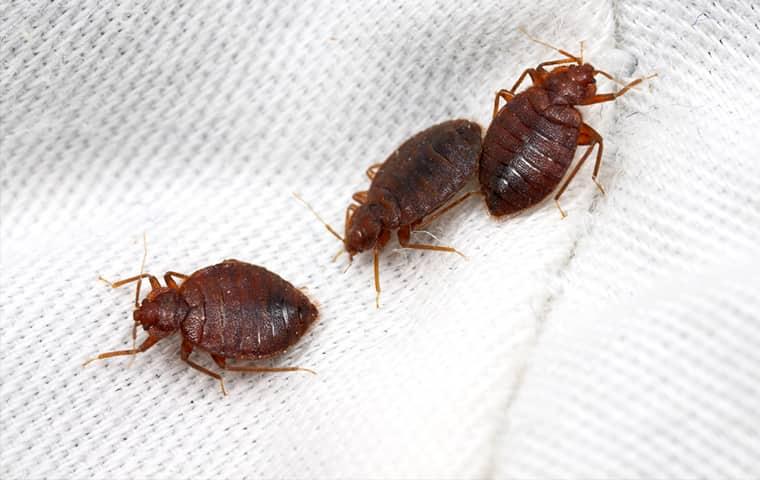Ants in Jacksonville: Your Complete Guide to Prevention & Control
Finding a trail of ants marching across your kitchen counter is frustrating, but it’s a problem most Jacksonville homeowners face at some point. The question is, how do you get rid of ants and keep them from coming back? This guide will walk you through everything you need to know: why ants invade homes in Jacksonville, which species you’re likely dealing with, how infestations happen, and the best ways to prevent and eliminate them for good.
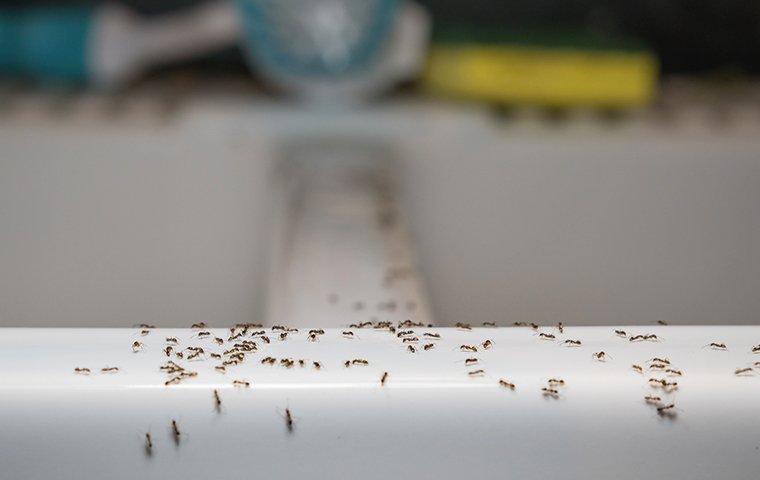
What You’ll Learn in This Guide
We’ll cover everything you need to know about ants in Jacksonville, including:
- Why ants are a problem for Jacksonville & First Coast homeowners
- The most common ant species in our region
- Health and property risks associated with ants
- How ant infestations start and spread
- Signs you have an ant problem
- Simple prevention tips to keep ants out
- Why DIY ant control often fails
- The best professional solutions for long-term control
Why Jacksonville Homes Are a Magnet for Ants
Jacksonville’s warm, humid climate makes it an ant paradise. These pests constantly search for food, water, and shelter; your home may provide all three. Ants don’t just wander in by accident. Once they find a food source, they leave behind a chemical trail that other ants follow, turning a few visitors into a full-blown infestation.
Common Ants in Jacksonville and the First Coast
Not all ants are the same, and knowing which ones you have can make a big difference in how you deal with them. Here are the most common species in our area:
- Argentine Ants: Tiny, dark ants that thrive in moist areas and form massive colonies.
- Carpenter Ants: Large black or red ants that tunnel through damp wood (a real problem for homes with moisture issues).
- Ghost Ants: Tiny ants with pale legs and a dark head; often hide in wall voids or potted plants.
- Fire Ants: Aggressive reddish ants known for painful stings, fire ants typically nest outside but sometimes find their way indoors.
- Odorous House Ants: Give off a rotten coconut smell when crushed; often found in kitchens and bathrooms.
- Crazy Ants: Named for their erratic movement, these ants often infest electrical equipment.
- Pharaoh Ants: Tiny yellow ants that can spread bacteria and are particularly hard to control.
- White-Footed Ants: Common in Florida homes, these ants can form colonies with millions of members.
Why Does Ant Identification Matter?
Each ant species behaves differently. Some spread by swarming, others by budding. If you treat incorrectly, you could worsen the problem by causing the colony to split and form multiple nests. That’s why professional identification is key.
Are Ants Just Annoying or a Real Risk?
Food Contamination
Ants crawl through soil, garbage, and other unsanitary areas before finding their way to your kitchen. When they walk across your counters, dishes, or food, they can transfer bacteria, including pathogens like Salmonella and E. coli. This contamination can lead to foodborne illnesses if you eat something ants have touched.
Allergic Reactions and Stings
Most ants don’t bite or sting, but fire ants, which are very common in Jacksonville, are a different story. Their stings cause painful, itchy welts that can last for days. In severe cases, some people may experience allergic reactions, including swelling, hives, or anaphylaxis, requiring immediate medical attention.
Spread of Harmful Bacteria
Species like pharaoh ants are especially concerning because they’re known to spread dangerous bacteria. These tiny yellow ants are often found in hospitals but can also infest homes. They’ve been linked to the spread of Staphylococcus, Salmonella, and other pathogens.
Secondary Infections
Scratching fire ant stings or bites can lead to secondary infections, particularly in children or individuals with compromised immune systems. Open wounds from bites create an entry point for bacteria, increasing the risk of infection.
Pet Risks
Ants aren’t just a problem for people. Pets can also suffer from fire ant stings, especially if they step on or disturb an outdoor mound. Multiple stings can cause swelling, pain, and allergic reactions in dogs and cats.
Property Concerns
While not a direct health issue, carpenter ants can compromise your home’s structure by tunneling through damp or decaying wood. Over time, this damage can lead to costly repairs, often going unnoticed until it becomes severe.
Bottom Line: Ant infestations aren’t harmless. Beyond the “ick” factor, they can contaminate food, spread bacteria, trigger allergic reactions, and even harm your pets. That’s why dealing with ants quickly—and effectively—is so important.
How Do Ant Infestations Start?
Ants are social insects that live in colonies. A few foragers enter your home to look for food and water. If they find crumbs, spills, or moisture, they return to the nest and recruit more ants. Over time, this can lead to thousands of ants inside your home.
Some ants, like pharaoh ants, create new colonies by “budding,” which means multiple queens leave with workers to form another nest nearby. This makes DIY sprays risky because disturbing the colony often causes it to spread.
Signs You Have an Ant Problem
- Ant trails along baseboards, counters, or windowsills
- Small piles of dirt or debris (nesting material)
- Winged ants near windows (a sign of swarmers)
- Discarded wings on windowsills or floors
How to Prevent Ants in Jacksonville Homes
The best way to avoid an infestation is to make your home less attractive to ants. Here are simple prevention steps you can take:
- Eliminate food sources: Wipe counters, sweep crumbs, and store food in sealed containers.
- Reduce moisture: Fix leaks, improve drainage, and check under sinks for drips.
- Seal entry points: Caulk cracks, repair screens, and install door sweeps.
- Maintain your yard: Trim shrubs, remove yard debris, and keep mulch away from the foundation.
- Secure trash: Keep indoor and outdoor garbage cans tightly sealed.
Why DIY Ant Control Often Fails
Spraying the ants you see may kill a few, but it doesn’t address the nest, where thousands more ants live. In fact, the wrong treatment can make things worse. For species that spread by budding, spraying can cause colonies to split, creating multiple infestations.
The Best Solution: Professional Ant Control in Jacksonville
When ants invade, Lindsey Pest Services can help. Our experienced team knows the local ant species and uses proven methods to eliminate infestations at the source. We follow Integrated Pest Management (IPM) practices, focusing on long-term prevention, not short-term fixes.
With decades of experience and QualityPro certification, you can trust us to keep your home ant-free.
- Free, no-obligation inspections
- Ongoing home pest control plans
- Preventive strategies to keep ants out for good
Call Lindsey Pest Services today and say goodbye to ants in your Jacksonville home.
One-Time Only Pest Service
What's Included: Covers One Individual Pest Concern
(Excludes Termites - Basic 60 Day Guarantee - Call For Details)
Call Today or Request Free Estimate
